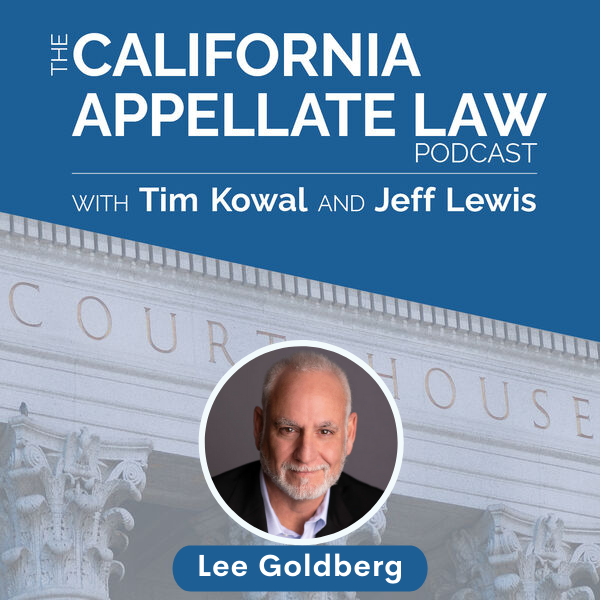
Appellate attorney John Nielsen is forever grateful to his mentors when he was a young attorney, and he pays it forward now both as a mentor himself and by offering tips on legal writing published at the Appellate Advocacy Blog. John discusses his approach to training young associates, and to legal writing.
Then we turn to how Utah differs from California in civil and appellate procedure, including:
Unlike CA, the UT Supreme Court promulgates its own rules that govern the courts.
Perhaps as a result, in UT there is no court-reporter crisis. Instead, proceedings are electronically recorded. If you need a transcript, a court reporter will transcribe the recording. (This is an important #AccessToJustice issue.)
Unlike CA, UT appellate decisions are binding on the appellate court. The court can overrule its past decisions, but it cannot just ignore them, as often happens in CA.
Unlike CA, all UT appellate opinions are published.
Unlike CA, UT appellants are not entitled to a reasoned opinion on affirmance—which is why many appeals are disposed of by order.
And in true appellate-nerd fashion, during the Lightning Round John and Tim briefly debate the exceptions to using ‘s to make possessives of certain words ending in s.
John J. Nielsen’s biography and LinkedIn profile.
Appellate Specialist Jeff Lewis' biography, LinkedIn profile, and Twitter feed.
Appellate Specialist Tim Kowal's biography, LinkedIn profile, Twitter feed, and YouTube page.
Sign up for Tim Kowal’s Weekly Legal Update, or view his blog of recent cases.
Use this link to get a 25% lifetime discount on Casetext.